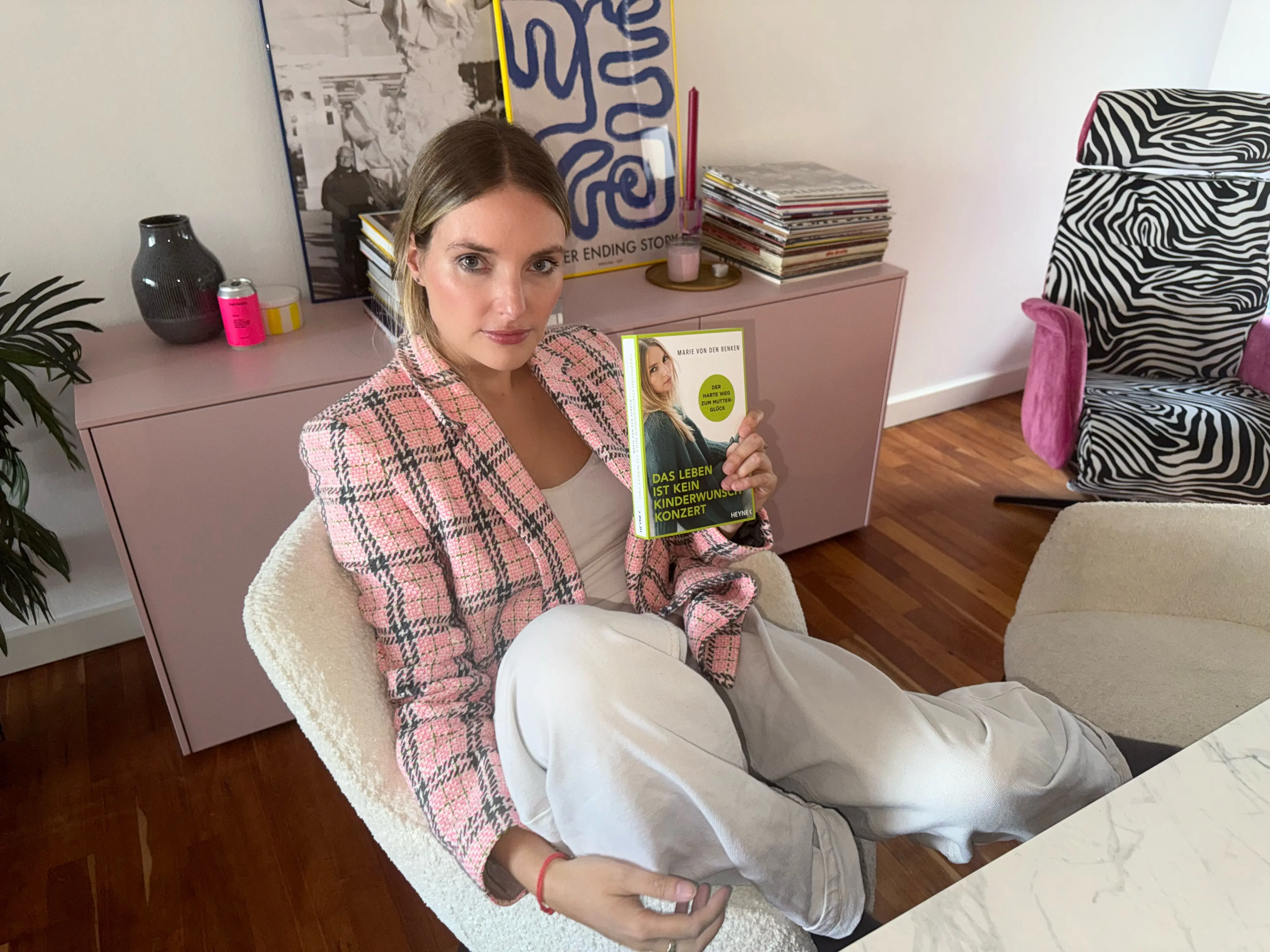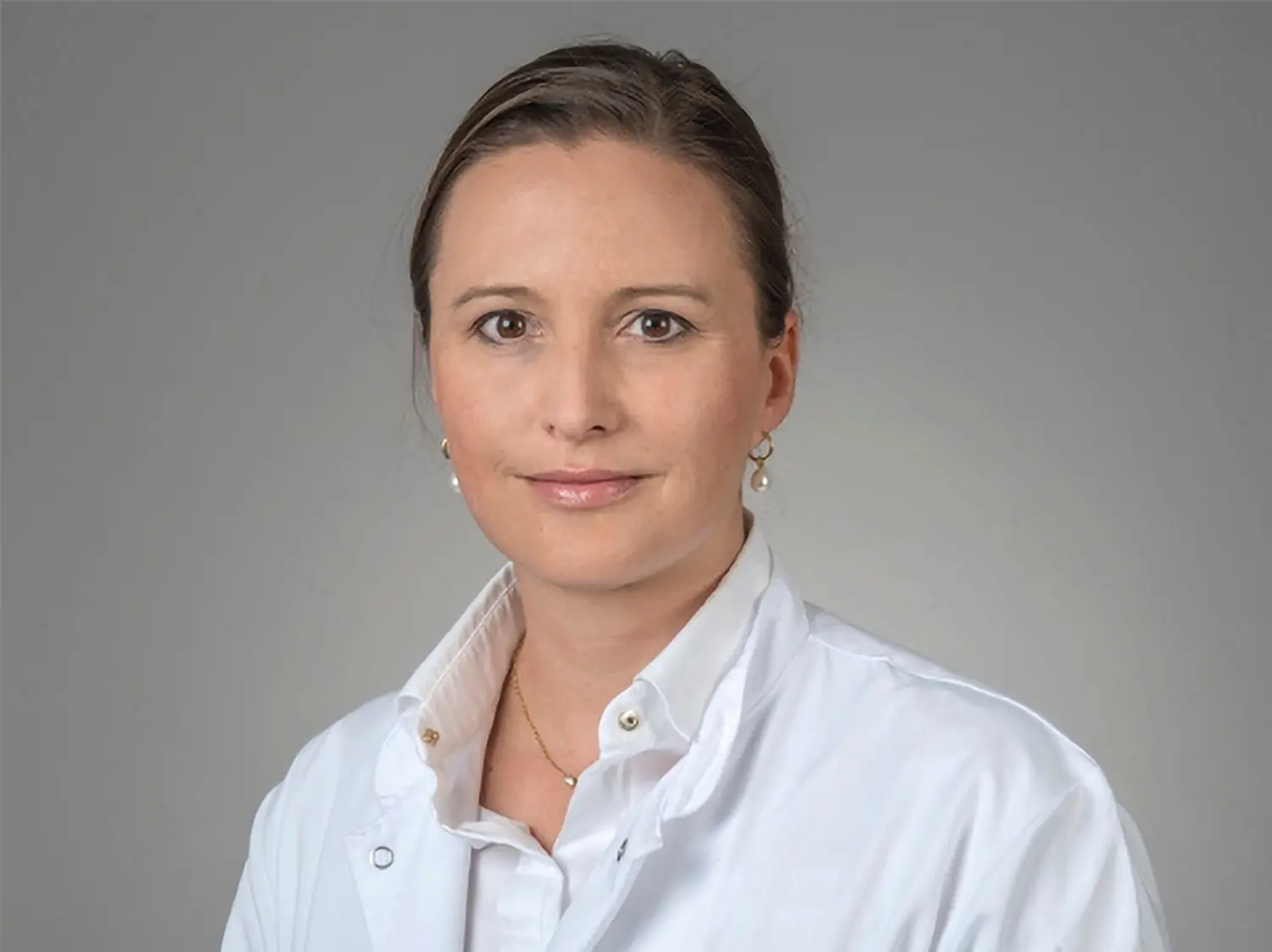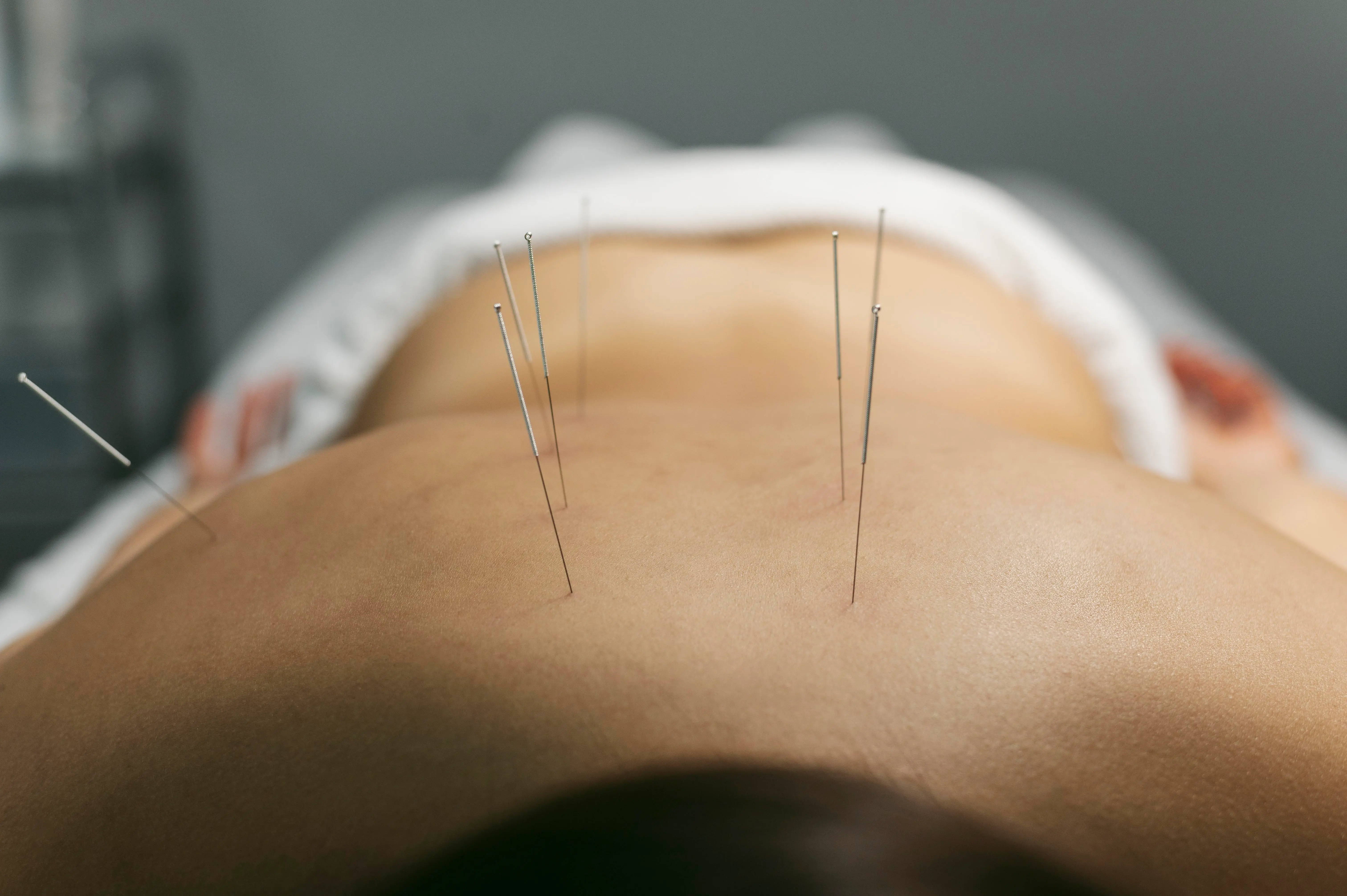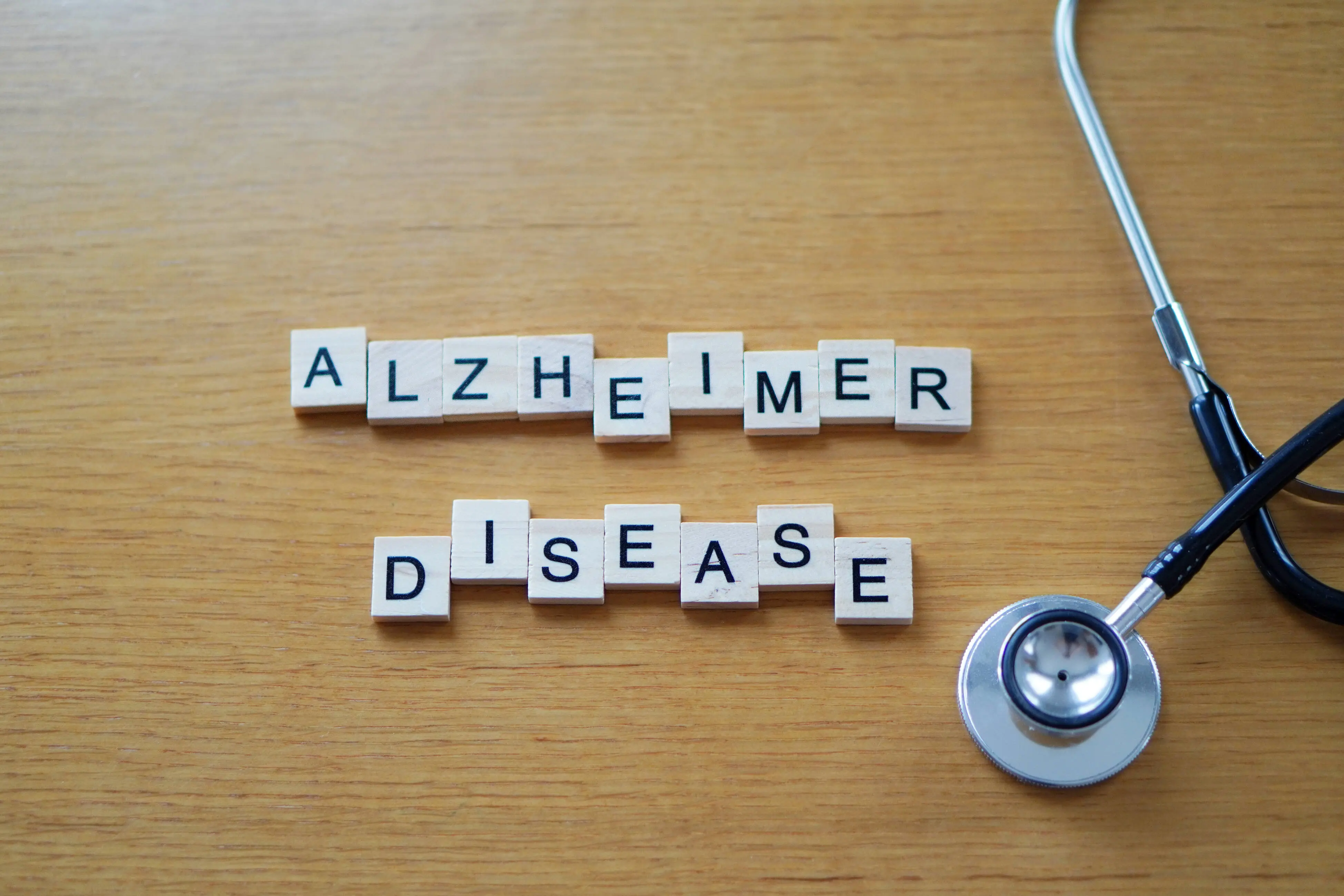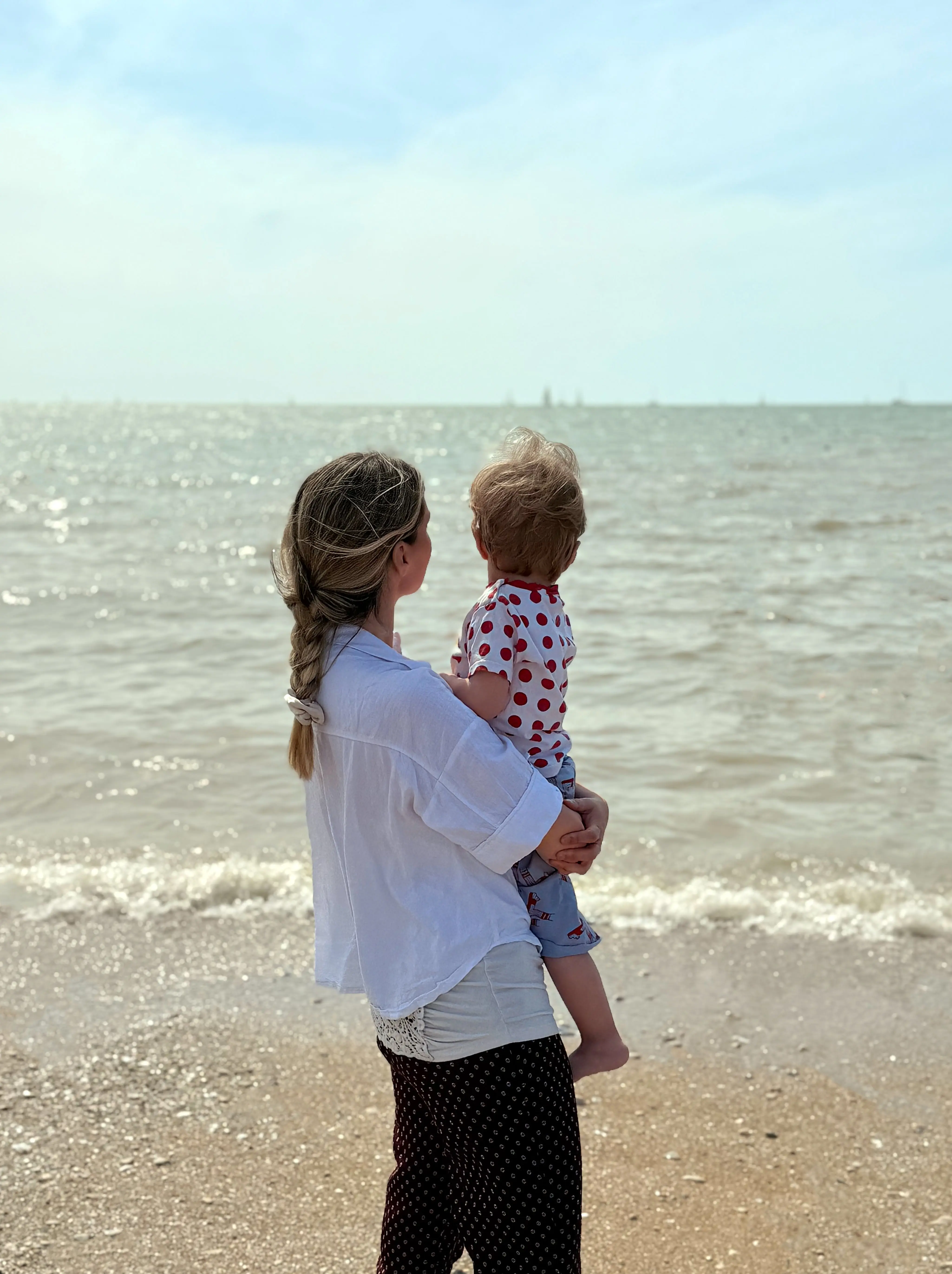More than one in six couples in Germany have difficulties fulfilling their desire to have children, and the trend is rising. Also Marie von den Benken waited eight years for her desired child. In "Life is No Child's Wish Concert" she writes about various treatment methods and fertility clinics, about hopes and painful setbacks, and reveals what gave her emotional support during this challenging time.
Which treatment methods have you tried?
We tried for many years naturally - with everything you can imagine: cycle apps, temperature measurement, ovulation tests, supplements. This led us to a bizarre reality. In the end, we only had scheduled sex, and passion hardly played a role.
After six years, we then dared three inseminations. Mainly in the hope of relieving pressure on our love life. Adding expertise to redistribute responsibilities. But all three were unsuccessful. Finally, we decided on IVF with half-ICSI, where one part of the eggs was fertilized classically in a petri dish, and the other half by ICSI. Three blastocysts developed - Luca came from the second, the third is still on ice.
How did you learn to deal with constant hopes and disappointments?
The hardest part was the open waiting without a time horizon. If someone had told me, "It will take six years, then it will work," I could have accepted this deadline. But this endless loop of hope, constantly listening to my body, overinterpreting every pull - and then the recurring sobering - that was exhausting.
How long would this go on? How long could we endure this as a couple and as individuals? The worst was the helplessness. The feeling of not being able to influence anything. Trying everything and always failing. That makes you feel helpless. At some point I decided not to completely surrender to this cycle anymore. I started reading scientific publications, studying intensively, and acquiring knowledge.
This cognitive level - the ability to rationally classify the process - helped me a lot. The step into the fertility clinic was also relieving because part of the responsibility shifted from me as an individual to a professional medical team.
